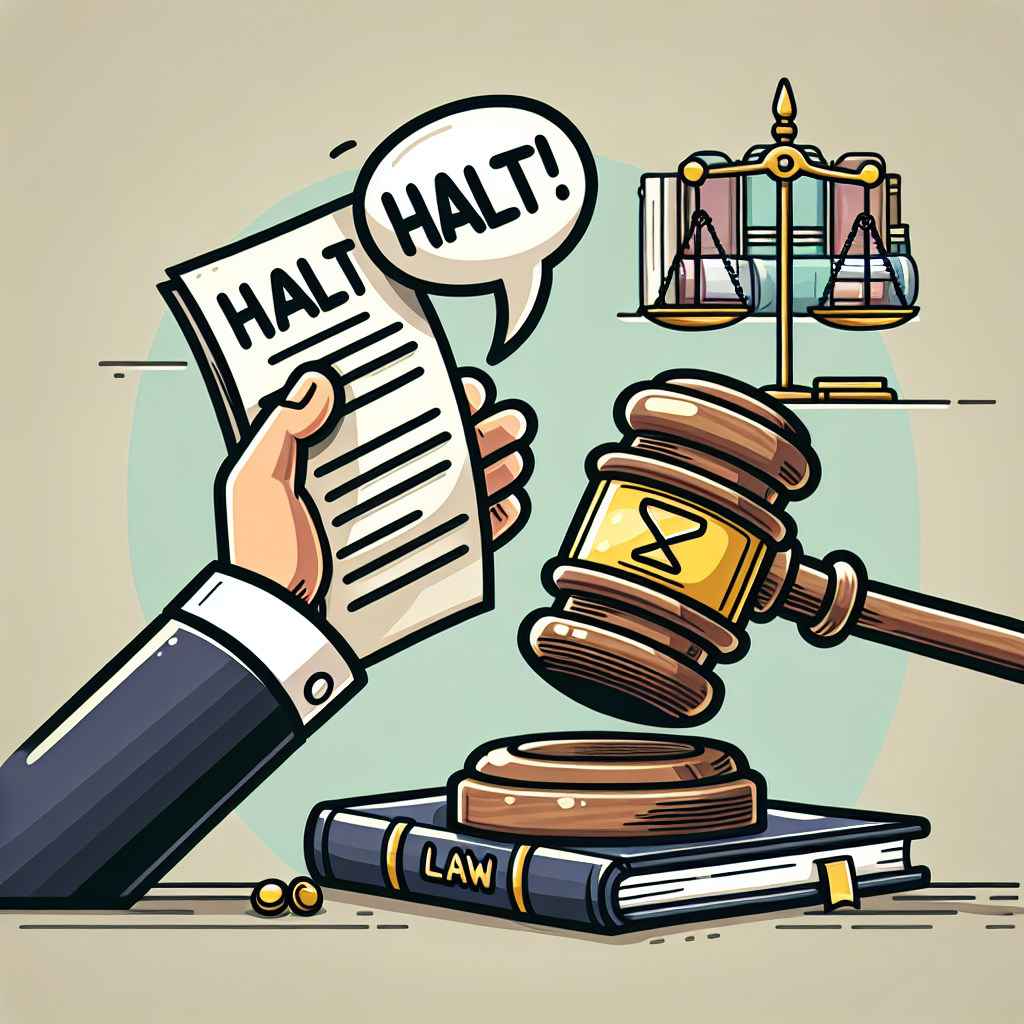The Bipartisan Battle over Nationwide Injunctions
Nationwide injunctions, controversial tools used by federal judges to halt government policies, are facing bipartisan scrutiny. Both Trump and Biden administrations have challenged their legitimacy, arguing they constrain executive power. The debate highlights tensions between judicial authority and political agendas, with significant implications for U.S. democracy.

The contentious issue of nationwide injunctions, potent judicial tools that can halt governmental policies in their tracks, has recently come under bipartisan scrutiny. Both the Trump and Biden administrations have voiced concerns, arguing that these injunctions curb executive power and disrupt governance.
This legal clash underscores the broader debate over the balance of power in the U.S. system. Legal experts are divided on the origins and legitimacy of universal injunctions, with some decrying them as distortions of the litigation process, while others defend their necessity for curbing potential presidential overreach.
The increasing frequency of these injunctions, particularly against policies of the current administration, has intensified calls for the Supreme Court or Congress to intervene, raising significant questions about the future role of judiciary power in U.S. politics.
(With inputs from agencies.)
ALSO READ
Supreme Court Verdict Reinforces Democratic Processes in State Legislation
Supreme Court Upholds Daughters' Rights in Landmark Adoption Deed Case
Supreme Court Upholds Ruling Against Controversial Adoption Deed in Property Dispute
Tug of War: Government vs. Supreme Court on Bill Assent Timelines
West Bengal Teachers Demand Justice After Supreme Court Ruling










